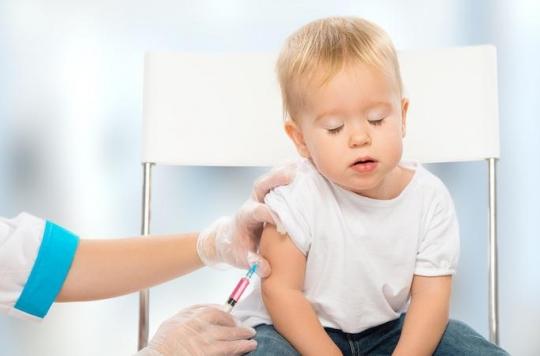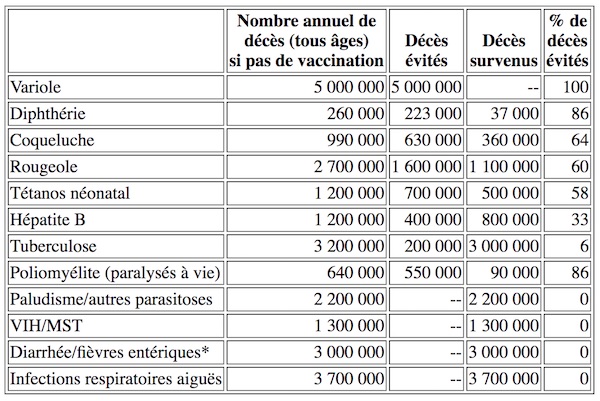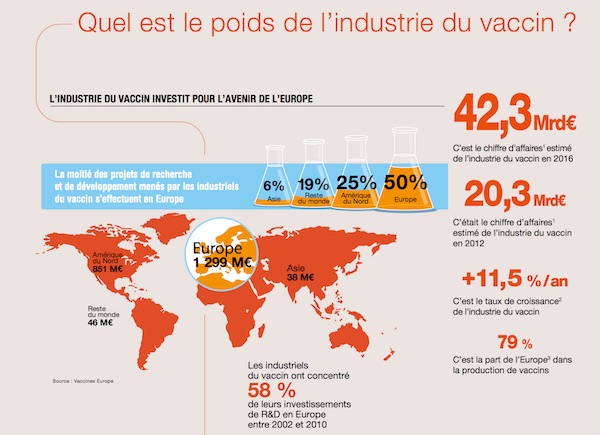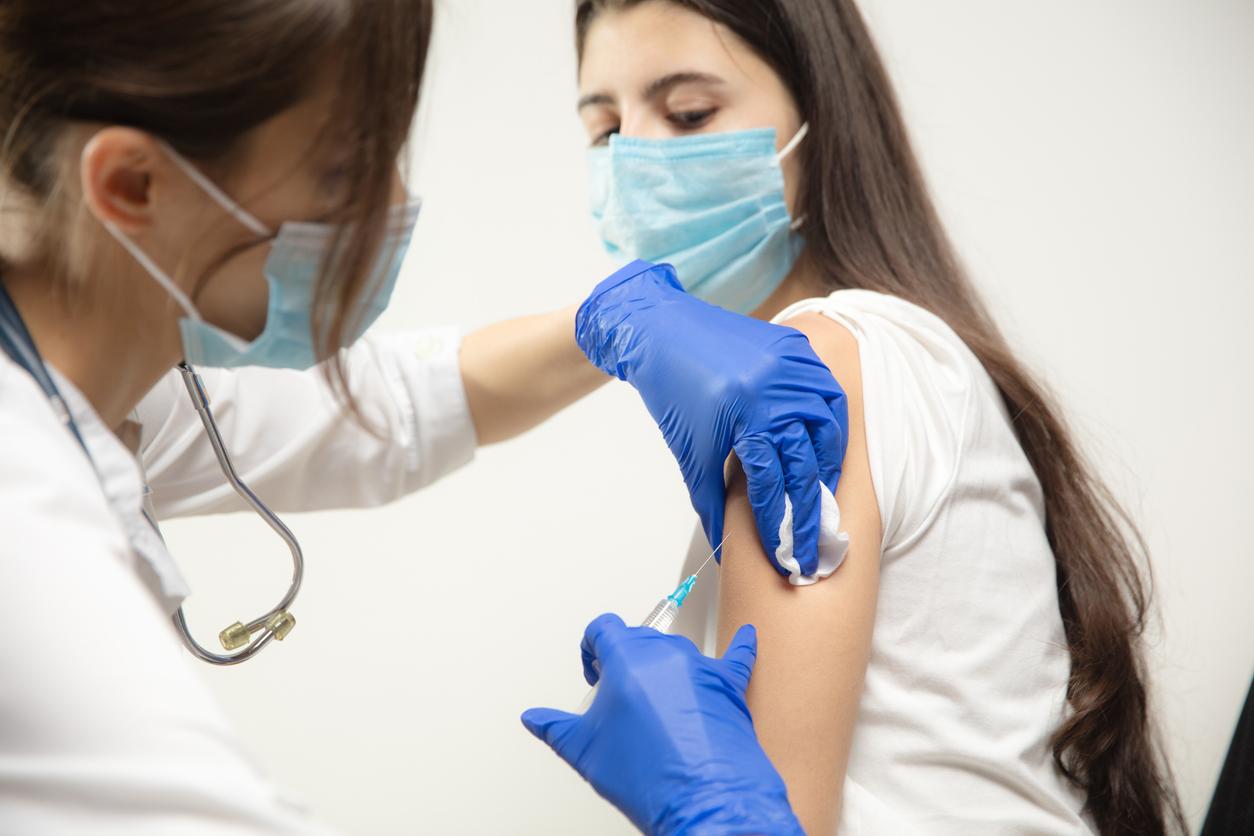One in two French people do not want the vaccination obligation. They worry about the risks associated with this gesture and consider the benefits insufficient.

Vaccination divides the French. And the expansion of the vaccine obligation has obviously not improved the situation. Announced by the Minister of Health, the switch to 11 obligatory strains leaves a taste of bitterness to those questioned by Odoxa (1). Half of them oppose such a provision. And conspiracy theories are booming.
Among those surveyed, young people and women are more likely to doubt the value of expanding the vaccination obligation. And the measure is difficult to pass. Compared with 2015, there are more reservations about the benefit-risk ratio of vaccines.
Proven benefits
39% of French people believe that the dangers associated with the gesture outweigh the benefits it could bring. Two years earlier, they were 27% to express such doubts. This progression is all the more worrying as the belief is erroneous.
Compulsory vaccination against diphtheria, for example, has helped to reduce the disease on the European continent. In France, only 9 cases occurred between 2002 and 2012… and eight were imported. Same result for tetanus, which has almost disappeared from the territory.
The lack of vaccination carries real risks. During the 2000s, the fall in vaccination coverage caused an epidemic in France. Between 2008 and 2012, more than 23,000 cases of measles were diagnosed – resulting in 10 deaths, more than 1,000 severe pneumonitis and 30 neurological complications. The majority of patients were not immune to the virus. And the low rate of protection has favored the circulation of it.

Source : Unicef
A juicy market
Despite this clearly positive impact, one in two French people oppose the expansion of the vaccination obligation. If gross doubt remains in the minority – 8% of respondents – the French do not hesitate to argue their refusal.
For more than one in four respondents, expanding the number of mandatory strains is primarily in the interests of the pharmaceutical industry. In fact, the turnover linked to the vaccine market is juicy. In 2016, that sector represented 42.3 billion euros in turnover, twice as much as in 2012.
But compared to the overall turnover of the pharmaceutical industry, vaccines do not weigh very heavily. In 2015, more than $ 910 billion was garnered – or 781 billion euros.

Source : LEEM
Too many vaccines
Beyond the financial argument, the French are also worried about their offspring. 21% believe that vaccines can pose a danger to children’s health. An understandable argument, given the many controversies raised on the subject.
But here again, studies have been carried out, and none have been able to define a link between the vaccinations in question (hepatitis B, papillomavirus, MMR) and the diseases pointed out (multiple sclerosis, macrophage myofasciitis, autism).

Last source of concern for the French: one in five fears that the number of vaccines injected into infants is excessive. A reasonable doubt, but again mistaken. 8 more vaccines do not mean that many more injections. By themselves, DTP and MMR concentrate 6 strains which will become obligatory: diphtheria, tetanus, polio, measles, mumps, rubella.
In addition, most French children are already vaccinated against all these diseases. 70% received the required doses. But this detail, the French ignore. On average, they figure at 26% the rate of infants immunized against the 11 strains that will be compulsory from 2018.
>> Consult our thematic sheet: Vaccines, all the more effective if the entire population is protected
(1) Odoxa survey for the MNH, Le Figaro and France Inter, conducted on the Internet among 1,011 people aged 18 and over.
.

















